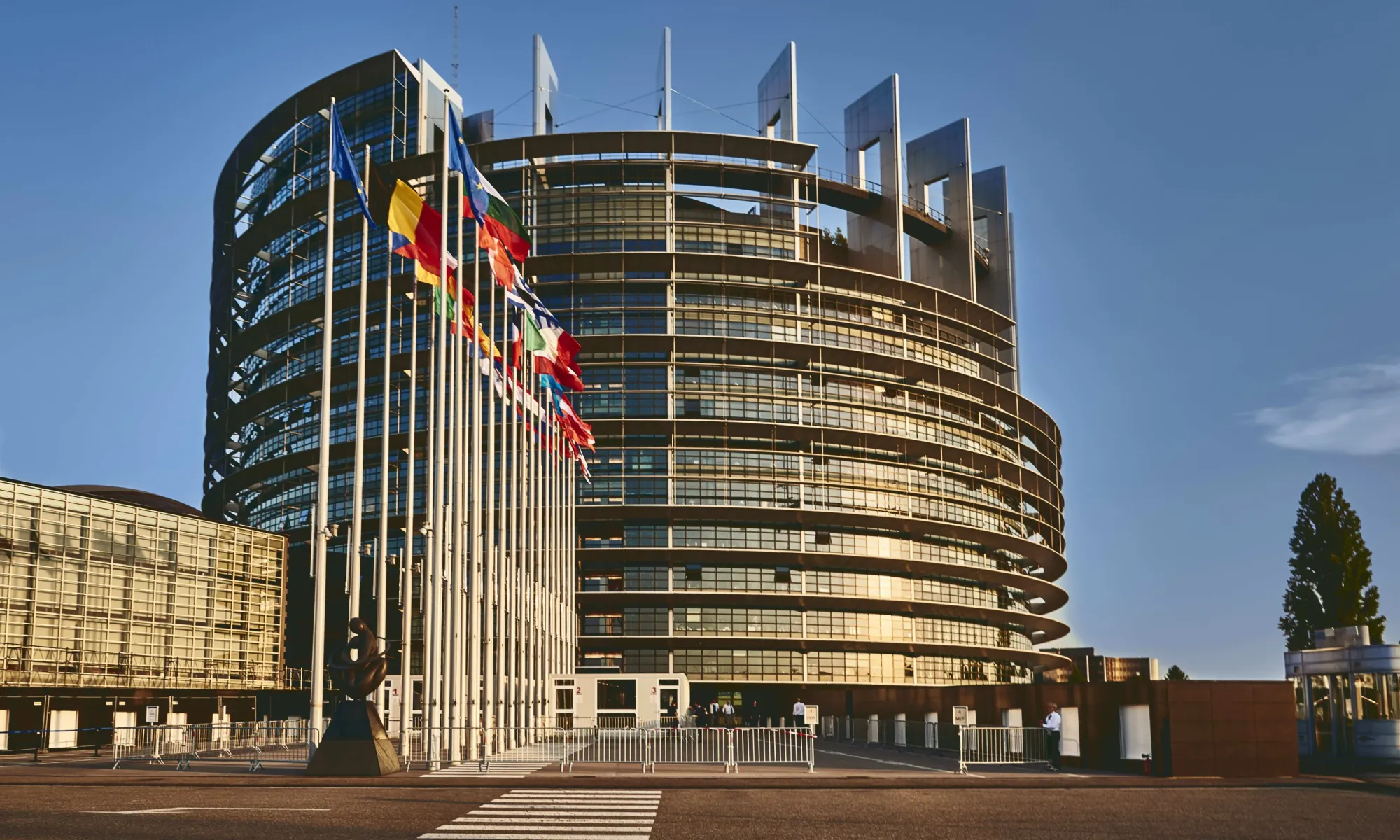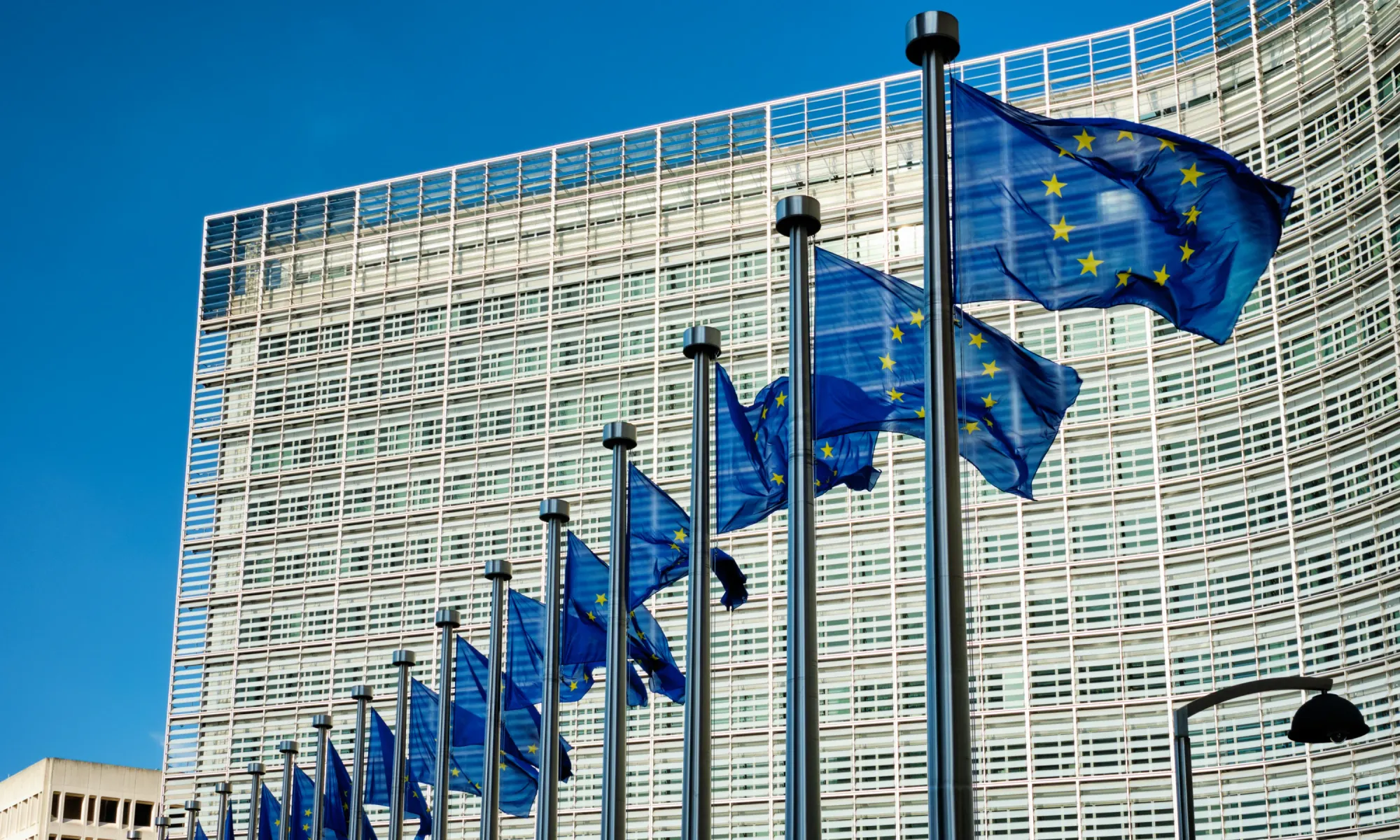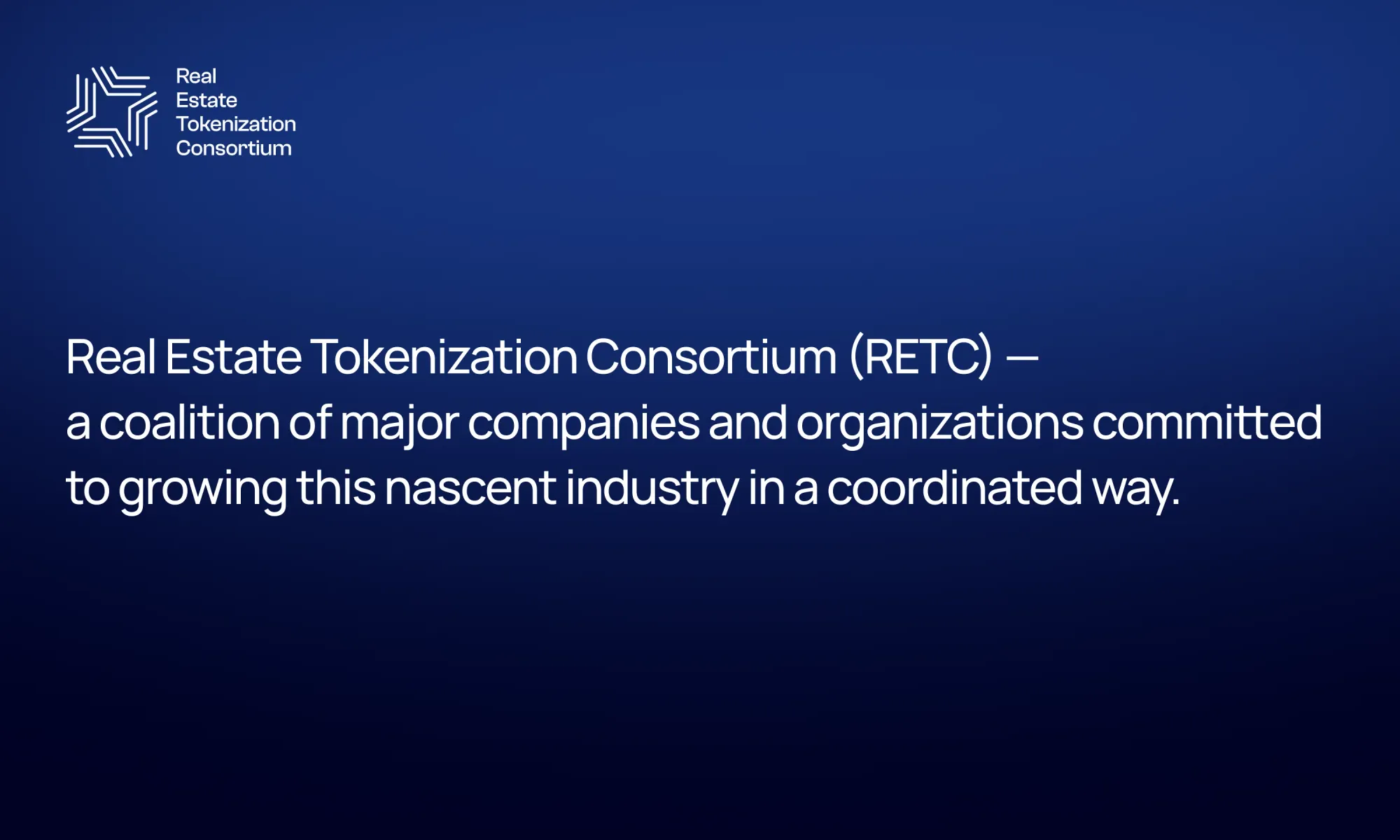Real Estate Tokenization Goes Global: July 2025 Highlights

Intro
Real estate tokenization – turning property value or ownership into digital tokens on a blockchain – continued its rapid global rise in July 2025. Building on the momentum from previous months, July saw major government-backed projects, industry alliances, and cross-border investments pushing tokenized property into the mainstream. From the Middle East’s first on-chain property deeds to Asia’s largest tokenization pilot, and from new industry consortiums to growing institutional interest, this month’s developments illustrate how blockchain real estate is becoming a worldwide movement. Below we recap July’s most important news and trends in real estate tokenization across the globe – keeping the story simple and engaging while highlighting key sources.
Middle East: Dubai Pioneers Government Tokenized Property Deeds

Dubai continued to solidify its status as a tokenization trailblazer with a landmark government initiative. In mid-July, Dubai’s Land Department (DLD) went live with a project to tokenize property title deeds on a public blockchain, in partnership with Ripple’s XRP Ledger. Ripple and local platform Ctrl Alt announced a collaboration with DLD to store digital property deeds on the XRP Ledger. This is the first time a government real estate registry in the Middle East is minting titles as blockchain tokens, marking a huge step for the region. By placing official property records on a distributed ledger, Dubai aims to enable instant, transparent, and secure property transfers. In practical terms, what used to involve piles of paperwork can now be done with a few blockchain transactions. Officials highlighted benefits like instant settlement (property transfers in seconds instead of days) and auditable ownership history on-chain.
Crucially, the platform allows fractional ownership, meaning investors – including small retail buyers – can purchase tiny shares of Dubai properties. The minimum buy-in is just AED 2,000 (~$545), a threshold set to democratize access to Dubai’s real estate market. This builds on Dubai’s earlier tokenization efforts (in May, DLD’s Prypco Mint platform launched with a similar fractional investment model). By July, the technical backbone for Prypco Mint was fully revealed: Dubai’s tokenized property shares are recorded on XRP Ledger via Ctrl Alt’s integration with government systems. The blockchain ledger stays synchronized with the traditional land registry, ensuring that each token corresponds to a real, legally recognized property stake. Dubai’s regulators have been supportive too – Ctrl Alt became the first firm to get a Virtual Asset Service Provider license from VARA, authorizing it to issue and custody tokenized assets in compliance with local laws. This regulatory green light and the public-private tech partnership underscore Dubai’s commitment to leading the tokenized real estate revolution.
Officials and partners are optimistic about the implications. Ripple’s Middle East director praised the project as a “forward-thinking innovation” placing Dubai at the heart of the global digital asset industry. By opening real estate investment to smaller investors worldwide, Dubai not only boosts its property market liquidity but also attracts new capital without relying on traditional big lenders. The July launch of on-chain deeds signals that Dubai’s earlier moves (e.g. a $3 billion tokenization deal for luxury properties and updated VARA rules in May) were just the beginning. Now, with government-backed tokens live on XRP Ledger, Dubai has become a real-world case study of blockchain in property governance – something other countries will be watching closely.
Neighboring countries are also making progress. Saudi Arabia, which announced its first tokenized real estate pilot in June, is moving forward with that initiative, aiming to let citizens buy fractions of property for a few riyals. And across the region, conversations are growing around how to handle taxation and regulation for tokenized assets. Experts in the UAE note that defining whether property tokens are treated as digital assets or real estate under the law will impact VAT and compliance rules. Such discussions show that the Middle East’s tokenization push is maturing – not only launching projects but also figuring out the legal and financial frameworks to support them. Overall, July saw the Middle East, led by Dubai, turn bold tokenization ideas into reality, setting an example of government-driven innovation in real estate.
Asia: Japan’s Massive Tokenization Project and Southeast Asia’s Rise

In Asia, July brought one of the largest tokenization announcements to date. In Tokyo, real estate firm GATES Inc. unveiled plans to tokenize $75 million worth of prime commercial properties using a blockchain platform. What makes this project remarkable is its scale and ambition: GATES ultimately aims to expand to over $200 billion tokenized assets – about 1% of Japan’s $20 trillion property market. This would be a multi-year effort to put a significant slice of Japan’s real estate value on-chain. The first phase focuses on high-value rental buildings in central Tokyo, with tokens issued via a special-purpose vehicle to ensure compliance. By converting property equity into digital shares, the company wants to make it far easier for foreign and domestic investors to buy into Japanese real estate. Traditionally, overseas buyers face steep legal costs and language hurdles to invest in Japan. Tokenization removes those barriers – investors will be able to trade blockchain-based property tokens on digital marketplaces without needing local intermediaries.
The GATES initiative also signals a strategic pivot for the blockchain industry in Japan. GATES partnered with Oasys, a Japanese Layer-1 blockchain originally built for gaming, which is now moving into real-world assets. In fact, Oasys has been shifting focus to tokenization of assets like real estate, seeing this sector as a red-hot opportunity. For Oasys, working on a high-profile $75M property deal showcases its capabilities beyond games. The network’s representative director noted that Japanese assets (from property to cultural IP) carry high global value, and turning them into RWAs (real-world assets) on-chain can leverage Japan’s strengths. After the Tokyo rollout, GATES and Oasys plan to take their model abroad, targeting markets in the U.S., broader Asia, and Europe in later phases. They even hinted at tokenizing other asset types like Japanese anime and media intellectual property rights in the future, extending the concept of tokenization to cultural assets. In short, Japan in July not only launched a huge tokenized real estate project but also positioned itself as a leader with clear regulations and tech infrastructure for such endeavors. It’s no surprise that analysts cite Japan as a country with a supportive framework that’s making it a global leader in tokenizing real estate.

Beyond Japan, Southeast Asia is also seeing fast-growing interest in tokenized property. We recently explored which countries are ahead in this region in our article on Southeast Asia’s tokenization leaders. A few highlights: Indonesia has emerged as a pioneer by launching a regulatory sandbox for property tokenization and admitting its first project (the fractional property platform GORO). With a sandbox and a dedicated regulator in place, Indonesia is moving tokenization from theory to practice – GORO already serves over 100,000 users buying small shares of rental properties. Thailand has also run early pilots, such as RealX – a token offering backed by a condo development that literally allowed people to invest in one square inch of a condominium via tokens.
Thai regulators have adjusted rules to support this; in early 2024, the Thai SEC lifted caps on retail investment in such tokens to encourage broader participation. Meanwhile, Singapore is providing an innovation-friendly environment: the Monetary Authority of Singapore has approved platforms like Fraxtor that let accredited investors co-own overseas real estate through tokens, and it is actively working on infrastructure for tokenized assets trading. The key takeaway is that across Southeast Asia, governments and companies are experimenting with making real estate tokenization accessible, each adapting to local needs. This regional momentum complements the big headline projects in Japan, showing that Asia’s interest in tokenized real estate spans from advanced economies to emerging markets. July’s news from Tokyo is likely to further inspire projects in countries like Indonesia, Thailand, and beyond.
Europe: Continued Institutional Embrace and Regulatory Clarity

Europe’s tokenized real estate sector in July 2025 continued to gather steam, especially on the institutional and regulatory front. In the previous month, a watershed event saw pan-European fund manager APS invest €3 million in tokenized real estate via the MetaWealth platform, buying digital bonds tied to properties in Rome. That June transaction – the first where a major institution bought property tokens alongside retail investors – sent a strong signal of credibility. By July, the impact was evident: more institutional players in Europe were exploring tokenized deals, encouraged by the successful APS case. As we discussed in our piece on institutional investors entering tokenized real estate, large funds are attracted by the promise of increased liquidity and faster transactions. In the APS example, the ability to trade property stakes on-chain with transparency was cited as a transformative benefit, demonstrating to other European funds that tokenization isn’t just a tech experiment but a practical way to enhance real estate investing.
On the policy side, Europe continues to provide a relatively supportive environment. The European Union’s comprehensive crypto-assets regulation (MiCA) is gradually coming into effect, giving businesses clearer rules for issuing and trading tokens. Even before MiCA, several EU countries established regulatory sandboxes or special regimes for security tokens. In July, stakeholders noted that this clarity is attracting tokenization projects to Europe, since companies can operate with more legal certainty than in some other regions. For instance, Luxembourg and Switzerland have been hubs for tokenized real estate funds due to their forward-looking laws.
A notable deal prior to July was when Blocksquare (a blockchain real estate firm) agreed to tokenize $1 billion of commercial property with a partner fund – a record-setting plan made possible by Europe’s accommodating stance. With these frameworks in place, European startups like MetaWealth, Brickken, and others are scaling up operations, offering marketplaces for fractional property investment across multiple countries. Indeed, MetaWealth now has users from 23 countries and has processed over $50 million in tokenized property transactions. Such growth points to a healthy competition among European platforms to be the best real estate tokenization platform, each focusing on compliance, user experience, and secondary market liquidity.

Another trend in Europe is the collaboration between traditional finance and blockchain tech. Banks and big asset managers are slowly entering the space. Citibank, HSBC, and other major banks have partnered with regulators (e.g., in Project Guardian in Singapore and EU pilots) to test tokenized bonds and funds, signaling that real estate may be next in line once these mechanisms prove out. Meanwhile, industry groups are forming – much like the global RETC consortium – to develop standards that make tokenization interoperable across Europe.
Overall, while July itself may not have one single dramatic announcement in Europe, it saw a continuation of the continent’s steady embrace of tokenized real estate. The combination of institutional validation (like APS’s involvement) and progressive regulation has kept Europe on a trajectory of growth. As one European executive observed, tokenization is becoming seen as a “viable, even superior” approach to property investing in some cases, not just an experiment. With each successful pilot, Europe is building confidence that real estate tokens can coexist with – and enhance – its traditional property markets.
Americas: Calls for Clarity and Early Movers in the U.S. and Latin America

In the United States, July 2025 highlighted the gap between technological potential and regulatory reality. The U.S. has plenty of innovation in tokenized real estate, but widespread adoption is still tempered by rules limiting who can invest. As noted in last month’s developments, the U.S. Senate passed the GENIUS Act in June, establishing a framework for stablecoins that many see as a stepping stone toward broader tokenized asset laws.
This month, attention turned to the House of Representatives, which introduced its own version (the CLARITY Act) to complement the Senate’s efforts on digital asset regulation. Industry observers view these bills as positive signs – Washington is finally acknowledging blockchain-based assets in legislation, which could eventually open the door for tokenized real estate offerings that are compliant at the federal level. However, changes in law take time. For now, U.S. real estate tokenization largely operates through private offerings and pilot projects rather than open-to-all marketplaces. Many platforms use Reg D or Reg S exemptions (for accredited or overseas investors) to sell tokens, since public retail sales would trigger strict SEC registration requirements. This means the average American can’t yet easily buy $100 of a tokenized apartment building – a stark contrast to places like Dubai or Indonesia where everyday people are already participating with small sums.
Despite these constraints, American innovators are pushing ahead with tokenization in creative ways. Rather than focusing solely on selling tokens to the public, some U.S. efforts are about upgrading the infrastructure behind real estate. For example, one of the largest blockchain real estate projects in the U.S. is in New Jersey, where a county is moving 370,000 property records (worth ~$240 billion) onto a blockchain ledger. This massive digitization of land titles – essentially tokenizing property records – aims to make transactions faster and reduce fraud in the long run. By July, that New Jersey project (Bergen County) was underway, and it has been touted as a model that could be expanded to other counties. Such initiatives don’t immediately put tokens in investors’ hands, but they lay critical groundwork: if property titles live on-chain, it becomes much easier down the road to enable instant transfers or fractional ownership within a legal framework. U.S. companies are also exploring tokenization through partnerships.
For instance, retail-facing firms like Roofstock and RedSwan have experimented with selling tokenized properties (or property equity) to accredited investors, proving the concept on a small scale. And established real estate investment trusts (REITs) like Redwood Trust have used blockchain to improve how they manage real estate debt, sharing data with investors via tokens. Each of these steps, while not headline-grabbing on their own, shows that American real estate is slowly warming to blockchain – even if the big bang of nationwide tokenized home investing will require clearer rules.

Latin America, meanwhile, is emerging as an unexpected hotspot for real estate tokenization. In July, industry analyses pointed out that Brazil is leading the region with regulator-endorsed pilots and hundreds of tokenized properties already in the market. Brazil’s forward-thinking approach includes a regulatory sandbox where companies have tested tokenized real estate offerings under the securities commission’s oversight. These pilots have led to real apartment buildings and commercial properties being fractionalized into tokens and sold to investors, demonstrating real demand.
Other Latin American countries are following suit: for instance, Colombia and Argentina have seen startups tokenize portions of development projects and even farmland, giving investors new ways to enter their real estate sectors. Much of this growth is driven by the need to democratize investment in economies where inflation and access to capital are challenges – tokenization can attract foreign investment and allow locals to hedge by owning small pieces of real assets. Even smaller markets like the Caribbean are experimenting (some islands explored tokenized resort ownership concepts). The key theme is that in regions with traditionally illiquid real estate markets, tokenization is seen as a leapfrog technology to unlock liquidity and access. As one report noted, emerging markets like Brazil, India, and the UAE are onboarding fast with government support for tokenized real estate initiatives. That means the tokenization trend isn’t confined to the richest nations; it’s truly global, spanning from North and South America to Asia, the Middle East, and Africa.
Global Alliance: RETC Forms to Unite the Industry

One of the most significant developments in July 2025 wasn’t a single country’s project, but a global alliance aimed at shaping the future of real estate tokenization. Mid-July saw the official launch of the Real Estate Tokenization Consortium (RETC) – a coalition of major companies and organizations committed to growing this nascent industry in a coordinated way. As detailed in our announcement on the RETC launch, this consortium brings together leading blockchain firms, fintech startups, real estate platforms, and legal experts to establish common standards. The founding members include seven pioneers of tokenized real estate: Brickken, GORO, Binaryx, Tokenizer.Estate, RWA Estate, Lend.xyz, and Blocksquare. Recently, three more projects joined the consortium: Investbay, Medici.expert, Landshare. Each contributes unique expertise – from tech infrastructure to legal compliance – but they share a vision of making property tokenization secure, interoperable, and widely accessible.
Why is RETC’s formation important? Up to now, real estate tokenization projects have often been fragmented pilot programs in different corners of the world. The consortium signals a maturation of the sector – leading players are choosing to collaborate on standards and best practices, rather than each reinventing the wheel. According to the group, their first goal is to develop clear, simple industry standards that provide legal certainty and protect investors. This could mean anything from common technical protocols (so tokens from different platforms could potentially trade or be recognized across borders) to shared guidelines for disclosures and investor safeguards. By speaking with a unified voice, the RETC also aims to engage with regulators globally, helping shape sensible policies that encourage innovation while managing risks. In a way, this alliance is about building trust and credibility – both among industry participants and in the eyes of governments and large investors who may be on the fence.
Conclusion: July’s Milestones Point to a Tokenized Future

July 2025 was a month of significant milestones for real estate tokenization worldwide. We saw governments in tech-forward hubs like Dubai actually implement blockchain deeds for property, proving that public sectors can innovate in tandem with private tech firms. We saw a bold corporate initiative in Japan, indicating that even one of the world’s largest property markets is embracing change to attract global investors. We observed how supportive regulations and institutional success stories in Europe are reinforcing each other, steadily bringing tokenization into the financial mainstream. In the Americas, we noted both the impatience of innovators and the cautious steps of regulators – a gap that will likely close as other regions surge ahead, putting pressure on the U.S. to not fall behind in this new frontier. And on top of all that, the birth of an industry consortium (RETC) showed a collective commitment to turn real estate tokenization from a series of startups into an integrated ecosystem.
A few key themes emerged through these stories. Democratization and accessibility keep coming up: whether it’s a Saudi citizen investing a few dollars in a skyscraper, or a young professional in Brazil buying a token of a rental property, tokenization is lowering barriers to real estate investment everywhere. Collaboration and standardization are also front and center: companies are banding together (like in RETC) and working with authorities to ensure this innovation can scale safely. Finally, globalization is inherent to this trend – real estate has traditionally been local, but tokenization is making it a global asset class. An investor in one country can directly own a slice of a building on the other side of the world, and capital can flow more freely to wherever opportunities are, unhindered by some of the old friction.
As we move past July, the narrative thread is clear: real estate tokenization is no longer a futuristic concept; it’s happening now, across continents. Each month brings new examples of how turning properties into digital shares can unlock value, whether by improving how records are kept, how investments are made, or how markets are opened to more people. The highlights of July 2025 reinforce that we are witnessing a fundamental shift in real estate investment. It’s a shift toward a world where buying and selling a stake in a building could become as straightforward as trading stocks – a vision that industry leaders, governments, and innovators are all actively working to realize. The momentum is likely to continue, and as it does, we’ll be here to chronicle it, keeping you updated on this fast-evolving journey of tokenizing the world’s real estate assets.

